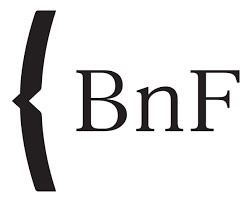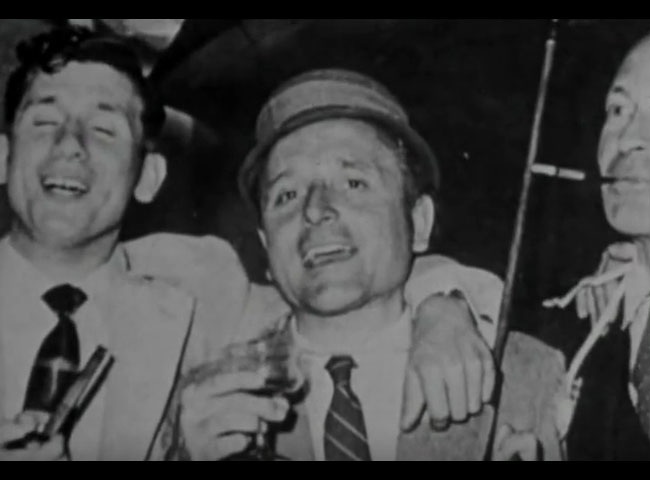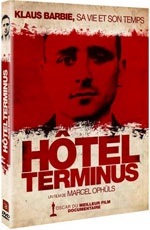Hôtel Terminus - Klaus Barbie, sa vie, son temps
-
Réalisé par Marcel Ophüls • Écrit par Marcel Ophüls
-
France, États-Unis, Allemagne • 1988 • 268 minutes • Couleur
- Réalisation :
Marcel Ophüls - Écriture :
Marcel Ophüls - Image :
Pierre Boffety - Son :
Michael Busch, Philippe Mouisset - Montage :
Albert Jurgenson, Catherine Zins
- Production (structure) :
The Samuel Goldwyn Company - Coproduction :
The Memory Pictures Company - Ayant droit :
The Samuel Goldwyn Company
- N° ISAN :
ISAN 0000-0000-DECE-0000-P-0000-0000-0
Résumé
À l'aide de témoignages de plus de 80 personnes, recueillis pendant deux ans en Bolivie, en Allemagne aux États-Unis et en France, et de nombreux documents d'archives, Marcel Ophüls construit un récit de quatre heures et demie autour de l'ancien chef de la Gestapo de Lyon (l'hôtel Terminus était le siège de la Gestapo de Lyon). Devenu, en 1947, informateur des services secrets américains, Klaus Barbie se cachait en Bolivie jusqu'en 1983, date à laquelle, grâce à l'action de Serge Klarsfeld, il fut enlevé et ramené en France.
Ce film éclaire le procès de Lyon et met en évidence les carences de l'instruction. Cette œuvre remarquable aussi bien du point de vue cinématographique que du point de vue documentaire, constitue un indispensable document pour l'histoire de la deuxième moitié du XXe siècle.
(Catherine Blangonnet)
A brilliant and epic Academy Award-winning examination of the Nazi SS officer Klaus Barbie, the infamous "Butcher of Lyon", Hotel Terminus weaves together forty years of footage and interviews culled from over 120 hours of discussion with former Nazis, American intelligence officers, South American government officials, victims of Nazi atrocities and witnesses. Barbie, while Gestapo chief in Lyon, tortured and murdered resistance fighters, including Jean Moulin, Jewish men, women and children, and had thousands deported to death camps. After the war he was protected by and worked with the U.S. Army and American intelligence officers, and then allowed to hide in Bolivia, where he lived peacefully for 30 years as a business man under the moniker Klaus Altmann. Only in 1987 was he brought to trial in a French courtroom in Lyon for crimes against humanity thanks to the efforts of Serge and Beate Klarsfeld.
Mot(s)-clé(s) thématique(s)
Sélections et distinctions
- 1989 • Oscars • Los Angeles (États-Unis) • Oscar du meilleur film documentaire
- 1988 • Festival de Cannes • Cannes (France) • Prix Fipresci
Comment avoir accès au film ?
- Édition DVD
-
Accès VOD
- Il n'existe pas d'accès en VOD à notre connaissance
- Diffusion non commerciale / Consultation



